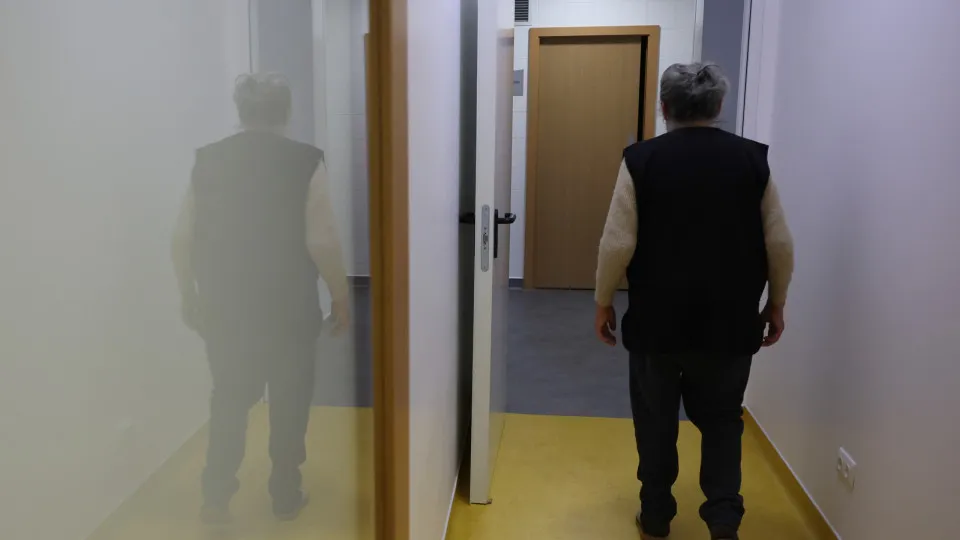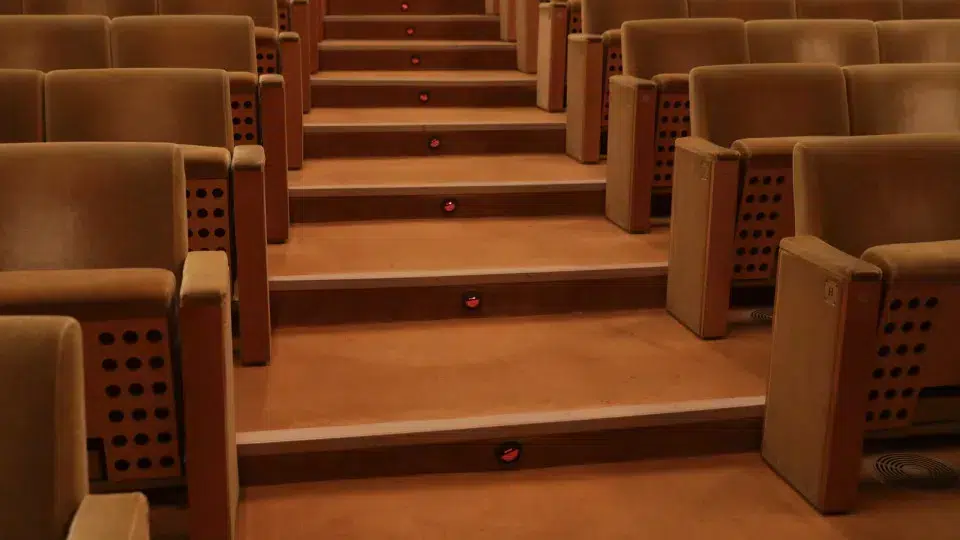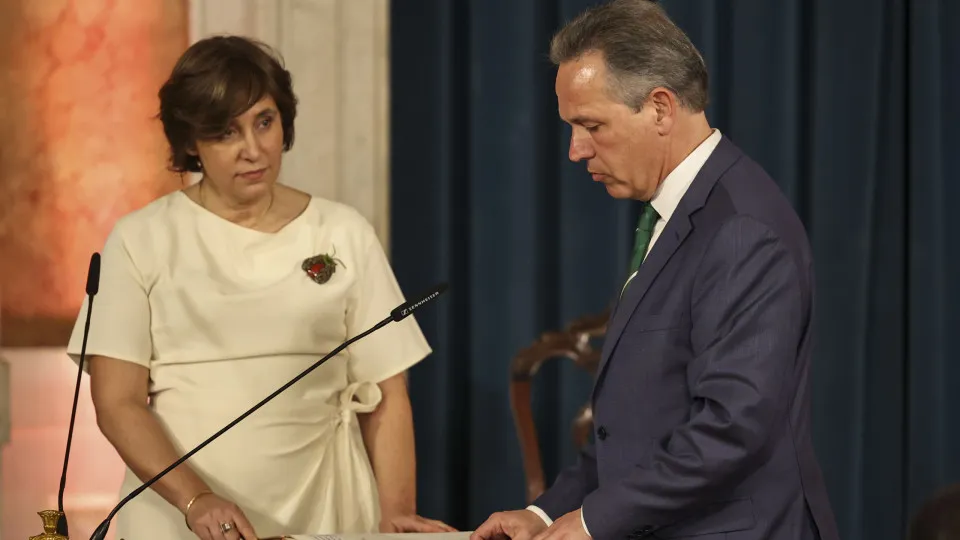
Data from the Portuguese Association for Victim Support (APAV) reveal a significant rise in reported cases: from 2019 to 2024, the number of victims over 65 supported by the organization increased by 29%, rising from 1,341 to 1,730. By August 2025, 1,557 victims had already been assisted, with women making up 75% of these cases.
The Commission for Citizenship and Gender Equality (CIG) reported that by September this year, six elderly women were in emergency shelters and another 27 in safe houses. Currently, there are only two facilities specifically for elderly female victims of domestic violence.
One such facility houses six women “from dysfunctional families and with significant social and economic vulnerability,” but also includes “middle/upper-class individuals,” illustrating the broad impact of the issue, according to a member of the technical team.
The prolonged nature of violence is a concern, with perpetrators ranging from partners to children, and in some instances, brothers or stepchildren. A team member stated that in cases involving children, the violence has persisted for years, with victims often indicating its roots in childhood challenges dealing with their offspring.
Etelvina Silva, 62, a widow, has been staying in the shelter for just over a month. She shared that her son assaulted her numerous times, most recently delivering “punches to the face, kicks,” and “breaking her head.”
“My son is a drug addict, he is violent. If I did not give him money or cigarettes, he would hit me immediately,” she told Lusa.
Despite having filed multiple complaints against her son, leading to a court order prohibiting him from approaching her, it proved ineffective.
She is uncertain how long she will remain in the shelter but is determined not to return home or see her son again: “I never want to see him again, never.”
This prolonged victimization is also observed in cases where the abuser is a partner or spouse, sometimes starting during courtship, as with Odete Pereira, 72, who now seeks a divorce from her husband of 45 years.
“I always lived with domestic violence,” she said, noting “many attempts to end the marriage and leave home, but there were no facilities like these.” She described a relationship “always marked by violence” to Lusa, adding, “He said he would throw me out the window, and he did hit me.”
The “tipping point” was when the husband severely beat their son, delivering over 30 punches to the face, prompting Odete to decide she “could no longer live in fear.”
She called the police, filed a report, and was directed to the shelter, arriving “in shock”: “I spent days unable to move and had severe neck pain, like my neck was made of stone due to accumulated stress.”
She described her “children as deeply affected” and expressed hope they will now help her “reconstruct the last years of life”: “I want to return to my home because I worked hard and deserve not to lose my dignity and endure this until death, which isn’t fair.”
In the shelter, she has not only found rest but also “experienced feelings absent since before marriage”: “Feeling calm, peaceful, joyful.”
Gertrudes Pereira, 75, wishes to remain indefinitely in the shelter. She recounts a difficult history: repeatedly raped by the same man, first at age 64, later suffering physical assaults in domestic violence contexts by a stepson, the child of her then partner.
The technical team highlights the substantial challenge of finding future solutions for these women. Many require permanent social support, such as nursing home placements, but are often overlooked for more urgent cases.
“These women end up doubly victimized by being more isolated than the general population, so a quicker response could certainly offer greater emotional stability,” a team member explained.
They also pointed out health challenges in these situations, “due to age, some undiagnosed illnesses,” and cases of early dementia or other mental health conditions.
A psychologist explained there is often a scenario of “significant emotional dependency” on abusers, alongside financial dependency, explaining why these women remain with their abusers for extended periods.
“They often have very low self-esteem after years of hearing ‘you’re worthless, you need me to survive,’ so I work on building their self-esteem and self-confidence,” she said, adding it’s essential to educate them that domestic violence includes more than physical abuse; it encompasses psychological, financial, and even neglect.
Some victims, according to the psychologist, “are in a deep depression,” posing a significant challenge when developing empowerment plans and creating conditions for them to leave the shelter.
Domestic violence remains one of Portugal’s deadliest crimes. By September 30, 19 deaths were recorded, 16 of whom were women, approaching the 22 fatalities recorded throughout 2024.
Tuesday marks the International Day for the Elimination of Violence against Women.




